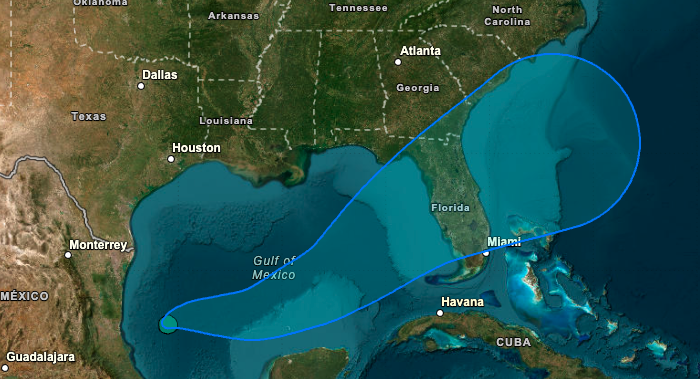Ernie Rospierski's two-year-old son has his father to play with, and dad isn't sure how or why he made it home alive from Marjory Stoneman Douglas High School on the day of the Feb. 14, 2018 shooting.
"I was thinking 'let's get the kids out and try to be as big of a target as I can,' I'm not a small size human, I figured if they’re running in front of me, I had a better chance of making sure, at least shielding them some, but at the same time giving them a better chance to run out," said Rospierski, who teaches social studies.
"Kids just started running in, it was very chaotic in the hallway, kids were running, falling over each other, and the shooter was right there in the hallway, shooting down the hallway," said Stacey Lippel, who teaches English at Douglas.
Lippel comes home to her family every day, but she's never fully at peace.
"A day does not go by that I don't think about the shooting," Lippel said. "It's a daily event for me."
Lippel was asked if the terror comes back every time she thinks of the gunshots, the screaming, the noise of the fire alarm going off.
"Through very good therapy, I've learned, or helped my brain sort of control the terror," Lippel said.
When the rampage came to the third floor, Lippel was on the east end of the hallway, trying to usher kids to safety inside her classroom. At the same time, Rospierski was on the west end of the same hallway, herding students down the stairwell with the gunman right behind him.
The MSD Safety Commission Report detailed Rospierski’s actions, with pictures from the security cameras.
"He's trying to push through the door on the other side," Rospierski said, pointing at one of the pictures, explaining that he was holding the door so the shooter couldn't get through.
"Well, my kids were running down the stairs still, so I wasn't gonna leave," Rospierski explained, saying that the shooter tried three times to push through the door.
Local
Two shots grazed Rospierski. Eight of the 12 kids who were with him survived.
"I was in a terrible situation and I did the best I could, I did what I thought was right. Have I dealt with the what-ifs? I try not to, dealing with what actually happened is bad enough," Rospierski said.
A year after the shooting, both teachers are still plagued with survivor's guilt.
"Scott Beigel was killed, why was I spared, you wonder, like what's my purpose here now? Why me, why am I alive?" Lippel said.
Lippel said her next-door colleague, Scott Beigel, was shot as he pushed kids to safety into her classroom.
Lippel also acted heroically, and it’s documented in the book, Parkland Speaks, a collection of first-person accounts and poetry by students and teachers. Madalyn Snyder, a student, wrote that she was frozen in terror and then, "Mrs.
Lippel moved me out of the way in the nick of time and in doing so was shot in the arm while rescuing me from death."
"I don’t remember that at all," Lippel said, explaining that she was so focused on getting as many kids as possible to safety that she can't remember individual actions.
Lippel testified in Congress, telling her harrowing account, and now she views her purpose as trying to help others heal from traumatic events.
Rospierski confides in his wife, Andrea, who is also a Stoneman Douglas teacher, but he says professional help is essential.
"It's tremendously important, especially if you're a person that doesn't think you need to, you're gonna feel stuff, you're gonna feel unusual amounts of anger about stupid little things, you're gonna find yourself upset or irritated by things that would normally have never phased you," Rospierski said.
Lippel has the same feelings, up and down all the time. Healing, they each say, is a long process, and they're just getting started.



